Written by: Wayne Elderton
__________
***Wayne Elderton is acknowledged as one of Canada’s leading coaches. He is Head of Tennis Canada Coaching Development and Certification in British Columbia. In this role, he has provided coaching training to over 1500 coaches. He is a main contributor to the Tennis Canada Coaching Certification program and has also written articles and coaching materials for the PTR, Tennis Corporation of America, Tennis Coaches Australia, and the International Tennis Federation. He is a popular speaker at coaching conferences world-wide. He is a Chartered Professional Coach (ChPC) as recognized by the Professional coaching association, Coaches of Canada. Wayne has enjoyed considerable success in his career using the Game-Based approach. As a High Performance coach, he has led provincial teams to gold medals in the Canada and Western Canada Games. His players have won numerous national titles and many have achieved full scholarships at US Universities. Some have gone on to achieve WTA and ATP rankings. He has also coached 3 wheelchair players to top 10 world rankings and has coached Canada’s World Team Cup squad (Davis Cup for Wheelchair players). He is a key builder of the Canadian National Wheelchair Team program and created Tennis Canada’s Wheelchair Instructor Course. In 2006 he was inducted into the City of Burnaby Sports Hall of Fame in the coaching category. He is currently Tennis Director at the Grant Connell Tennis Centre in North Vancouver which was awarded the 2005 Canadian Facility of the Year for program excellence by the Tennis Professionals Association. For more information, please go to www.acecoach.com***
__________
FEEDBACK: A COACHING “POWER TOOL”
Feedback is when a coach observes what a student is doing and communicates it back to them. Often coaches get caught being unsure of what to say, or how to say it. This leads to either being silent for long periods of time or engaging in ineffective ‘coaching babble’ (e.g. Good!, Good!, well done!, great shot!). Although some coaches would say this is motivational, anyone who actually takes lessons knows that this kind of feedback makes students ’tune-out’ to the coaches words. Another common coaching behavior is to jump in with feedback only when students are doing things wrong (we will explore this later).
By understanding different categories and purposes of feedback, a coach can prepare better and have a healthier framework to know what to say. Two key feedback “Laws” that can improve a coach’s feedback are:
1. Feedback must always have a purpose
2. Positive feedback works positively
1. Feedback must always have a purpose:
The reason you are speaking as a coach is to produce a particular response. If a coach has a specific purpose for opening their mouth, their feedback will be more effective. There are two main reasons a coach will give feedback, for motivation or correction (“prescriptive” feedback).
- Motivational feedback: This is when a coach helps students focus and maintain good effort and attitude in the lesson. For example, when a student needs to be reminded to clear a ball away from their feet or continue to keep their feet moving in a drill.
- Prescriptive feedback: This is when a coach helps a student change current behavior. It could be on the drill (e.g. correcting a student when they are not doing the drill in the way it was set-up). Drill feedback helps keep things on track. Drill management ensures maximum repetition and a smooth, safe transition from activity to activity. The feedback could also be on the skill (e.g. the student does not perform the correct racquet path to clear the net). Learning anything new is often not an easy process whether it is a new way of moving, a grip, or a new footwork pattern.
The skill is for a coach to know why they are giving feedback. This will help them place the feedback in the right place, at the best time possible, for the greatest effect. A coach who masters this helps student’s learn much faster.
2. Positive Feedback works positively:
It is a common belief that coaching is simply telling people what they do wrong. This couldn’t be further from the truth. Error detection and correction is only a small part of the feedback process. If a coach has this as their primary feedback, they are shortchanging their students! Coaching is an interactive communication process that requires building trust and rapport with the student. I am not sure if you have noticed, but telling people what they are doing wrong does not usually win any relational points with people, even if the advice is technically correct. How one says something is every bit as important as what is said, this is true in any relationship whether a friend, spouse, or tennis student.
It is important that coaches become “success seekers” rather than “fault finders”. This is critical because positive feedback (as opposed to negative), builds up a better long-term psychology. Negative feedback often builds a “fear of failure” mentality. This can lead to players ‘choking’ badly in matchplay. How well do people hit shots when the words “Please don’t miss!” are running through their minds? Positive feedback builds a “go for the goal” mentality. Imagine hitting a second serve in a third set tie-breaker and thinking “Spin-it hard!” Going for a goal creates more confident play.
If positive feedback is so powerful, why don’t more coaches embrace it? The answer is that positive feedback is very misunderstood. What positive coaching feedback does not mean is calling poor performance good. This is called “flattery”. Telling little Johnny “Great shot” when he sends a ball into the side fence does no one any good. This kind of feedback will often even have a negative effect as Johnny starts to expect emotional rewards no matter how poor his performance.
Positive feedback is a communication tool, to change specific behaviors. It is reflecting the performance back to the student. No matter what the performance (good or bad), a coach can remember the key words “Praise” and “Encourage”.
Praising is what a coach should do when a student performs correctly. Coaches should constantly try to catch their student’s doing things right! By reinforcing good performance the student will repeat it over and over and start to develop confidence.
Encouraging is what a coach should do when the student performs incorrectly. Telling them they “stink” is of no use to a student since they don’t have any idea of the right thing to do. Always link the correction to the result that can be expected. For example, “Johnny, your preparation was fine, you will need to change your racquet angle a bit to keep the ball in the court”. Here the coach praises any good performance and encourages any bad performance. In this way good performance gets highlighted making it easier to remember and repeat. Poor performances are corrected without the emotional impact of negative feedback and, most importantly, students learn how to be problem solvers, rather than learning the coach thinks they are awful.
By maintaining purposeful, positive feedback, a coach can help players love the game, have more fun, and improve to their personal level of excellence.

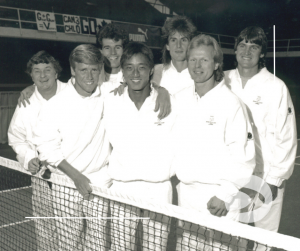
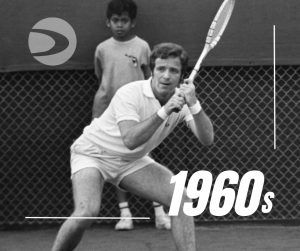

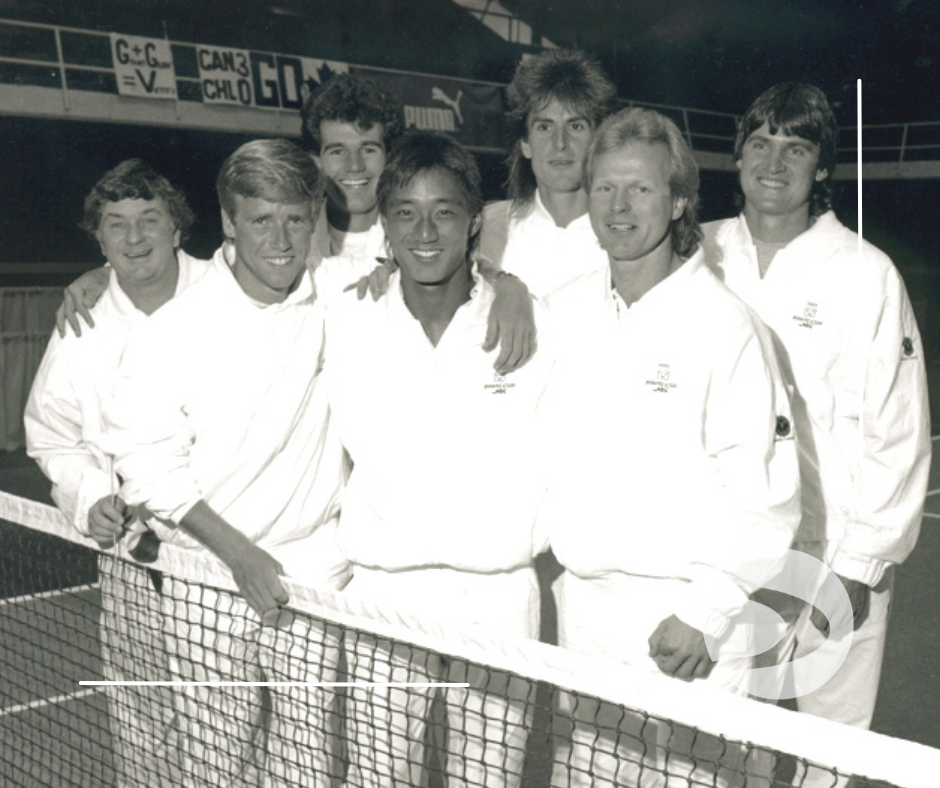
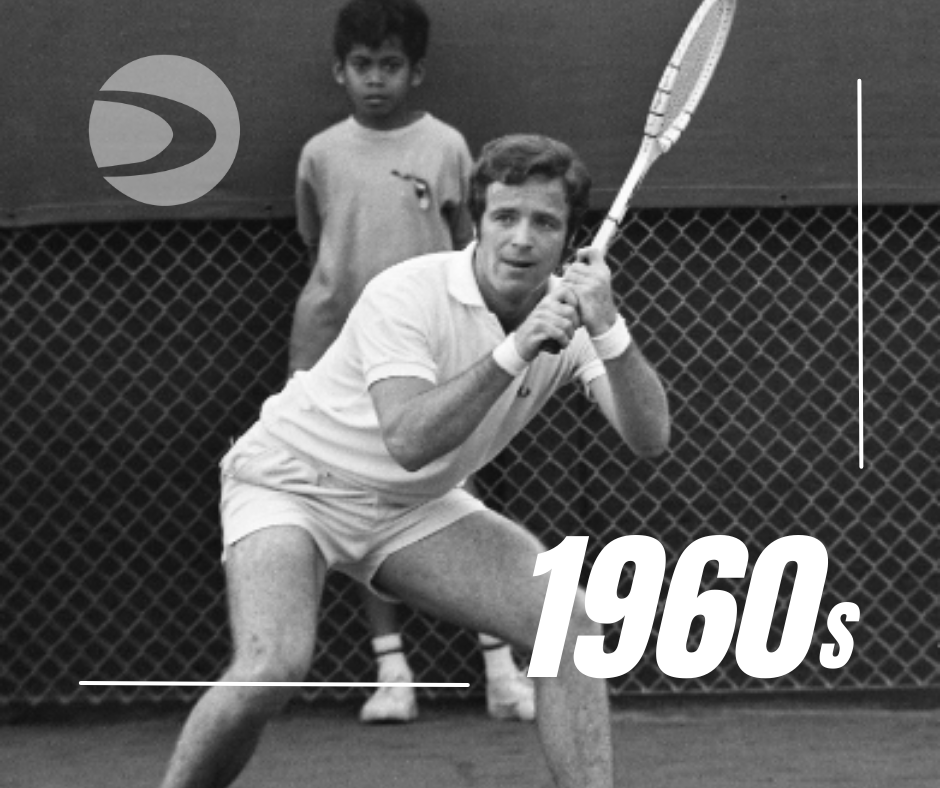

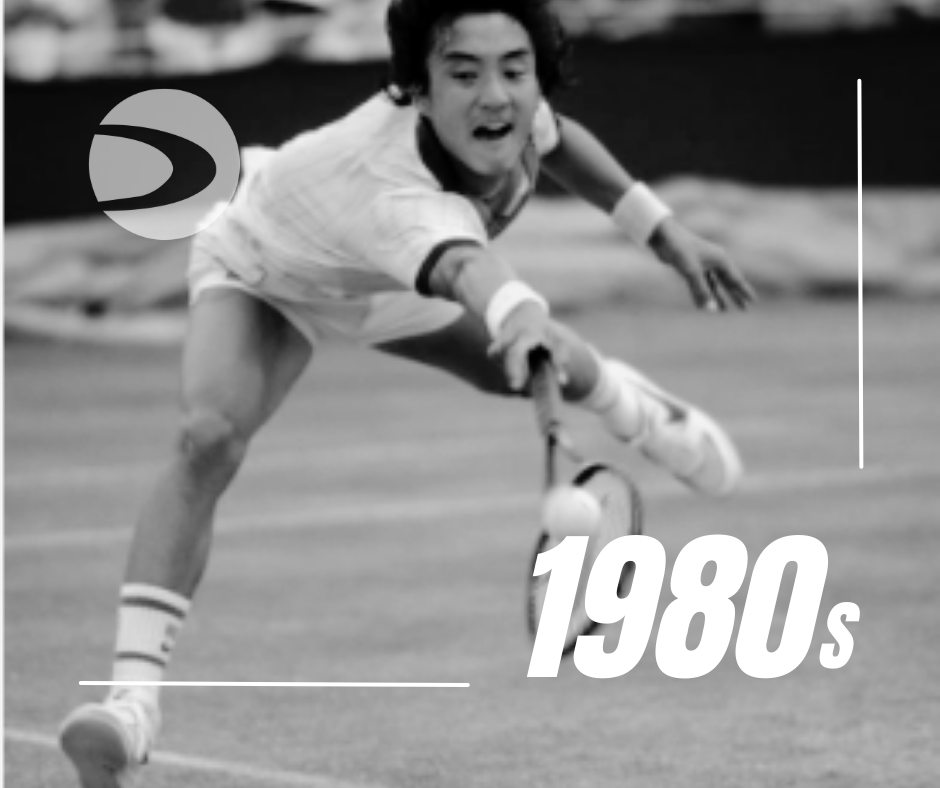
2 Responses
Great article.
In practice use standards so that the student can see if they are hitting the standard. Leverage chunking so that you can provide positive feedback to the small wins. Make sure the student is always looking for ways to meet the standards ( hitting the net – student – Comon aim higher)
There is a scientific reason to use positive feedback and it has to do with how our brains work.
Your brain has a substance called myelin and it’s purpose is to increase the speed at which impulses propagate along the myelinated fiber. It is proven that when you and the student provide positive feedback myelin wraps and insulates the fiber even more allowing the impulse to travel faster allowing the student to react and do things better (if trained properly). The same is true if you provide negative feedback – now they just learn to do the wrong things faster and better.
So remember it is science not guess work. Be positive -make sure your students practice positive prescriptions. I would also like to suggest that if you see a coach that yells at kids or is negative at all – that they should be reported to the TPA or your governing body.
FYI As we get older we stop producing myelin so adults have a harder time in developing or learning new things. Hope this made sense?
Hey,
I was wondering how I would go about applying for a job?
Thanks a lot,
Tyler Godfree